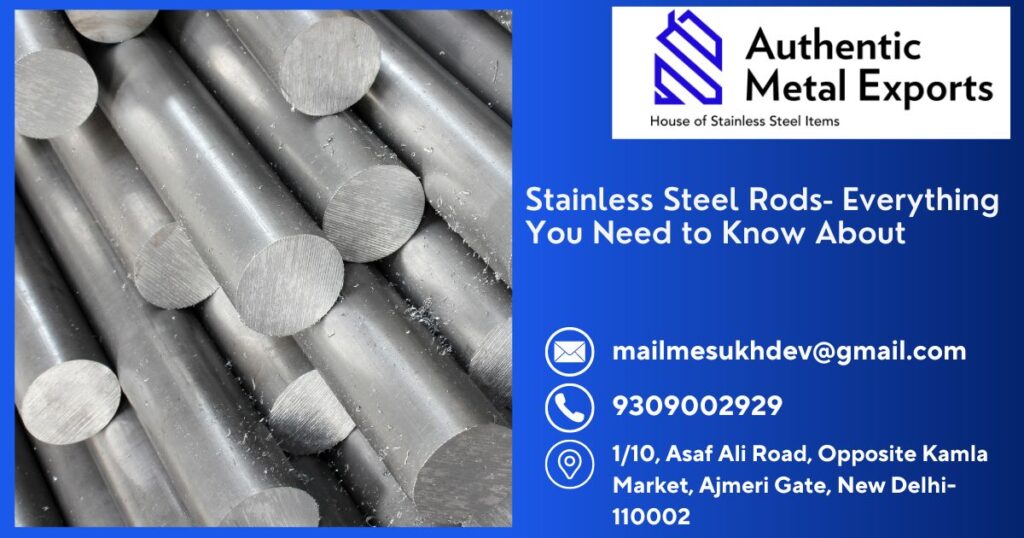Stainless steel is a versatile and durable material that offers numerous advantages for industrial applications. Its unique properties make it an ideal choice for a wide range of industries, from manufacturing and construction to food processing and healthcare.
In this article, we will explore the various benefits of stainless steel and why it is highly favored in industrial applications .
Introduction
Durability and Strength
1. Corrosion resistance
Unlike other materials, stainless steel does not rust or stain, ensuring long-lasting performance even in challenging conditions.
2. High tensile strength
Stainless steel possesses high tensile strength, making it ideal for applications that require resistance to mechanical stress and heavy loads. It can withstand significant pressure without deforming or breaking, making it a reliable choice for structural components and equipment in industrial applications.
3. Ability to withstand extreme temperatures
Cost-effectiveness
Long-term cost savings
Low maintenance requirements
Reduction in replacement and repair costs
Stainless steel’s longevity ensures a reduction in replacement and repair costs. By choosing stainless steel, industrial facilities can avoid frequent replacements of equipment and parts, saving both time and money in the long term.
Versatility
Wide range of applications
Another notable advantage of stainless steel is its versatility. It is widely used across various industries due to its ability to meet diverse application requirements. From manufacturing and construction to automotive and aerospace, stainless steel finds its utility in an array of industrial applications.
Compatibility with various manufacturing processes
Customizability
Stainless steel offers a wide range of grades and finishes, enabling manufacturers to achieve the desired properties and aesthetic appeal for their specific applications. Whether it’s a high-gloss finish for architectural accents or a textured surface for improved grip, stainless steel provides ample options to meet diverse design needs.
Hygiene and Cleanliness
Resistance to bacterial growth
Ease of cleaning
Compliance with sanitary regulations
Stainless steel is resistant to chemicals and can withstand frequent cleaning with various cleaning agents without losing its integrity. This makes it suitable for applications where stringent cleaning processes are necessary to ensure safety and hygiene.
Sustainability
Sustainability is a growing concern in today’s industrial landscape, and stainless steel offers several environmental advantages.
Recyclability
Energy efficiency
Stainless steel is inherently durable and long-lasting. Its extended service life means fewer replacements and less waste generation over time. By choosing stainless steel, industries can contribute to a circular economy by reducing their reliance on virgin materials and minimizing their impact on natural resources.
Reduced environmental impact
Aesthetic Appeal
Modern and sleek appearance
Wide range of finishes and textures
Enhances brand image
Stainless steel’s clean and reflective qualities make it an excellent choice for showcasing brand image. Its polished surface can reflect light, creating an impression of elegance and sophistication.
Conclusion
In conclusion, stainless steel’s numerous advantages make it an indispensable material in industrial applications. Its exceptional properties and benefits contribute to the success and efficiency of various industries, making stainless steel a preferred choice for a wide range of industrial applications.
Authentic Metal Exports
Address :– 1/10, Asaf Ali Road, Opposite Kamla Market, Ajmeri Gate, New Delhi- 110002
Call Now: 9309002929
Chat on WhatsApp:- 9309002929, 9289792929






